- 8min
- 2220
- 3 Opinion
Do you want to create your garden? The good news is that even with a small yard, you can have your garden. If you are taking your first steps, I’ll give you some gardening tips for beginners, in this article, so if you want to start to create your garden with confidence, you can count on me!
First, you should remember that if you want to learn gardening, you need to get dirty! So, before hearing any guides, get ready for a dusty day.
I can remember that I was gardening since I was a little girl, but it was easier at that time. There were no specific gardening techniques. But now it is important to be familiar with some of them.
There are many gardening ideas for beginners and professionals that can help have a scenic, healthy garden, including:

· Organic Gardening
Growing fresh fruits and vegetables without pesticides. This method prevents water pollution, soil contamination, etc.
· Biodynamic Gardening
This method is like organic gardening. It concerns keeping the balance of the earth and its ecosystem by methods such as fertilizing soil through compost and planting different crops on land in different periods.
· Permaculture
Like the other methods that were mentioned above, Permaculture avoids using pesticides. Its purpose is to create a productive environment.
There are many more techniques, but let’s leave it here and talk about tips on gardening for beginners in detail.
Related Article : German Garden Tools
Step-by-Step Simple Gardening Tips for Beginners

The following gardening tips for beginners are simple but very important to pick and track. Each item can play a leading role in your experience so take each seriously and try to follow. The first step for you would be to find your field.
1- Decide what you want to plant
Do you want to have a flower garden? A vegetable garden? Or a fruit garden? You can choose one of them or all of them in the same garden. But do not forget that each one of them needs different maintenance requirements. For example, for planting fruit, you need well-drained soil, while for vegetables you need a loamy type with a mixture of sand, clay, and silt soil.
That’s why for each crop you need to have a complete manual of the water, air, sunlight, soil, fertilizer, and pest it needs.
2- Pick a location
All vegetables and flowers need full sun for at least 6 hours. Consider a spot that receives full sun for part of the day. But you don’t have to worry; because there are plants that grow in the shade. If your garden faces south you will have direct sun for the entire day. So, block the sun with some fences, or something else.
3- Fertilize the soil

All flowers, vegetables, and fruit gardens need fertile soil to produce good vegetables, fruits, etc. Healthy soil will help your plants to fight back against the disease. With the help of some gardening tools such as a hoe, shovel, and dirt rake, dig the ground, turn the soil, and pull out rocks, and other things out of the soil. Don’t forget to use enough mulch and compost.
4- Water Your Garden

Always water your garden at the right time. Here is a question that most beginners may ask: how often does the garden need to be watered? Depending on the soil, location, climate, etc. the answer will be different. But in normal situations, you need to water your garden at least three times a week.
5- Prune the limbs
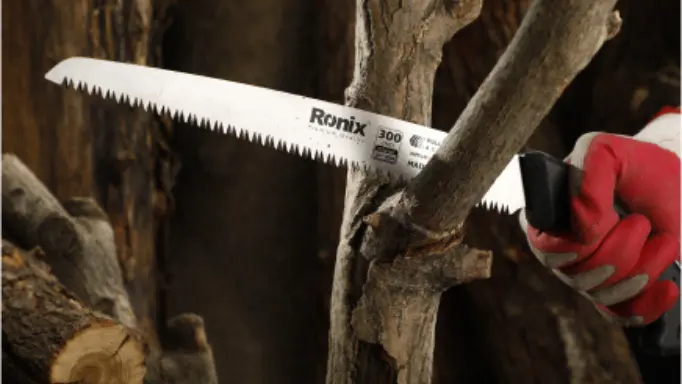
Prune the limbs in late winter. Limbs can be infected in winter and if you wait for the spring, the disease will be spread. Don’t forget to use an appropriate tool for pruning. If you use a tool that is not sharp enough, you can’t make clean cuts.
6- Choose the Correct Fertilizer

For each type of soil, you need a specific fertilizer. For example, for acidic soils, you need more alkaline fertilizers, and for humid and clay-based soils you should apply phosphorus. Then you should consider that too much fertilizer can burn your plant. So, test your soil then add enough organic fertilizer to your soil.
There are more important things that need to be considered while you are making a garden. You need a good investment in some garden tools.
7- Consider the Basic Gardening Tools
The last gardening guides for beginners are all about tools. Choose the right tool for your gardening tasks. If you buy the wrong gardening tool for your job, you will waste your time and energy, and your project will be failed. There are some gardening tools that every gardener should own.
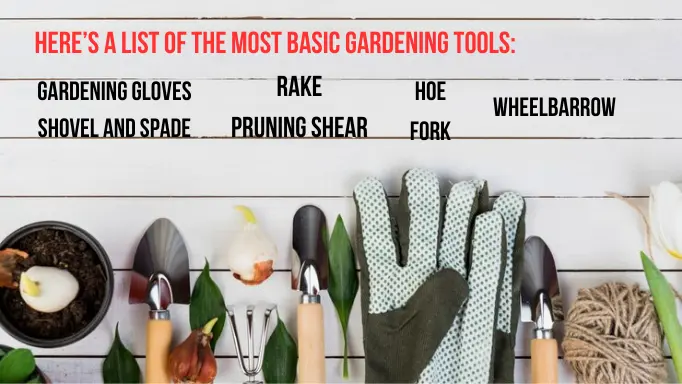
Related Articles: Garden Tools Manufacturers
Here is a list of them and their uses:
Gardening gloves: Wearing gardening gloves is important for everyone who works in the gardens. It can protect your hands against thorns, keep your hands clean, protect your hands from chemical materials, etc.
Shovel and spade: Shovels and spades are used for digging. With shovels, you can dig holes and spades help you to dig grounds. But choosing the right type of shovels and spades is important; otherwise, you may hurt your hands.
Wheelbarrow: These gardening tools have a lot of uses. You can use them to carry and move everything you want from one place to another. And when it is getting old and useless, you can use them as a pot! Plant flowers in it, and make your garden more beautiful.
Hoe: With the help of hoe, shape the soil; hoeing will cultivate the soil and remove all weeds. You need to keep hoeing until the time is right for planting.
Rake: As you know there are different types of rake such as leaf rake, dirt rake, metal rake, plastic rake, etc.
Fork: One of the most crucial hand tools in all gardens is the fork. This multifunctional tool can be used for making holes to plant seeds, removing stones from the ground, etc. They are sharper and stronger than spades. They can easily penetrate hard ground.
Pruning shear: They are also known as pruners or secateurs. We use pruners to cut damaged limbs, branches of trees, etc. You can use scissors instead of pruners but make sure that the scissor you use is sharp enough to cut strong branches of trees or shrubs.
With these hand tools, you can start your first garden. Choosing the right tool for the right job is important. As you know there is a wide variety of gardening tools that you may need to protect your garden and keep it beautiful. There are so many choices but relax, you don’t have to buy all of them. Only a few gardening tools are always used by gardeners.
Then, if you are seeking a brand that introduces reliable, high-quality, and affordable tools for gardening, Ronix can supply you with practical tools that will accompany you for a lifetime.
Related Article : Use of Hand Tools in Gardening
FAQ
What steps should I take to prepare my soil for planting?
First, you need to clear the soil of weeds, rocks, or debris, then test your soil’s PH level and choose a proper fertilizer based on the PH level. Then add organic matter such as compost, then you can smooth the surface to create a level planting area.
What are some recommended plants for beginner gardeners that are easy to grow and maintain?
Actually, you should choose plants that are easy to grow and maintain, for example:
Tomatoes, herbs such as basil, parsley, lettuce, zucchini, and peppers.

Amanda Smith
31 October 2020
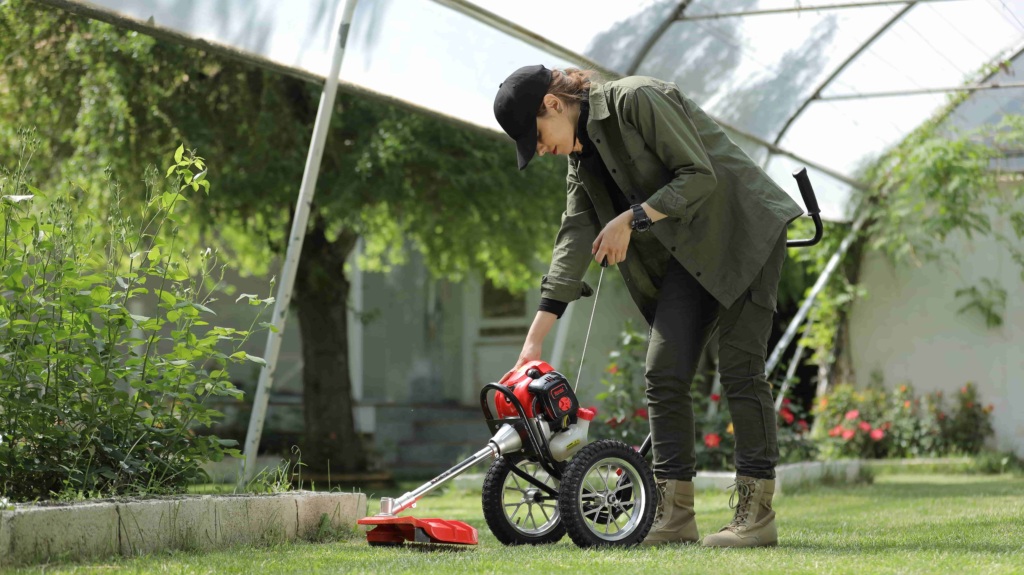
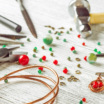

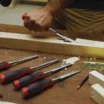
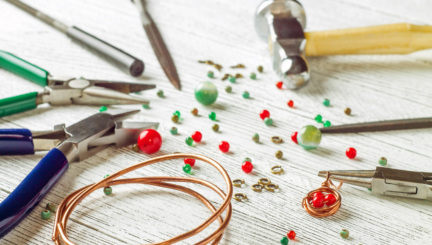
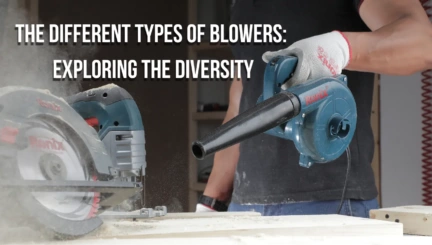
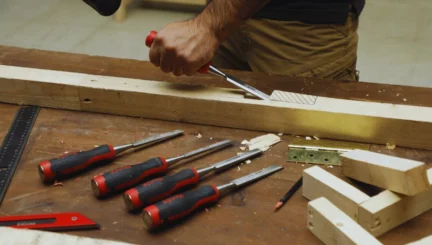

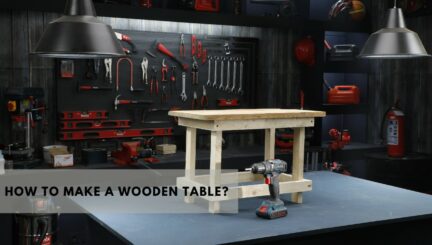

What are some recommended plants for beginner gardeners that are easy to grow and maintain?
actually, you should choose plants that are easy to grow and maintain, for example:
tomatoes, herbs such as basil, parsley, lettuce, zucchini, and peppers.
What steps should I take to prepare my soil for planting?